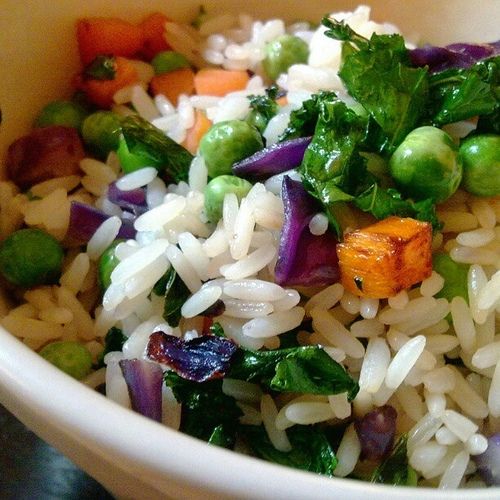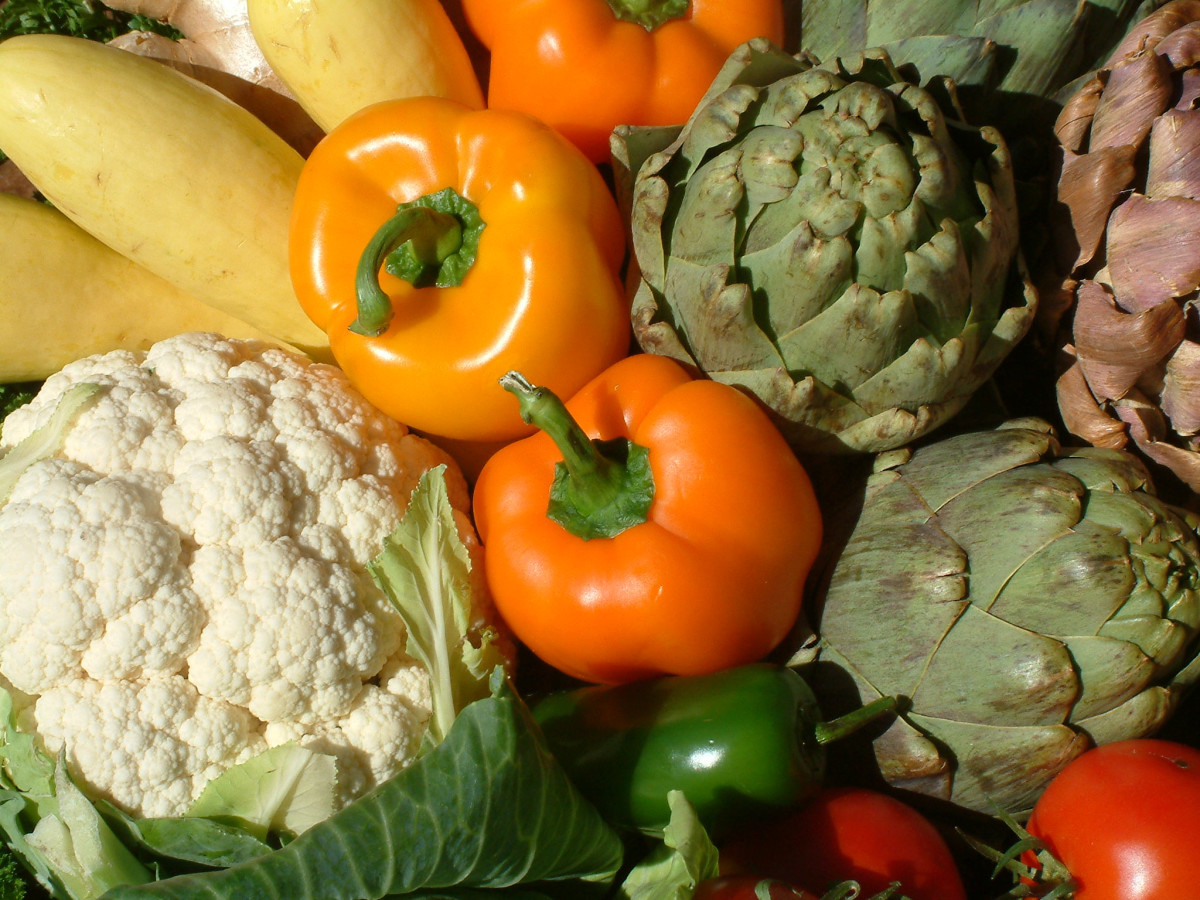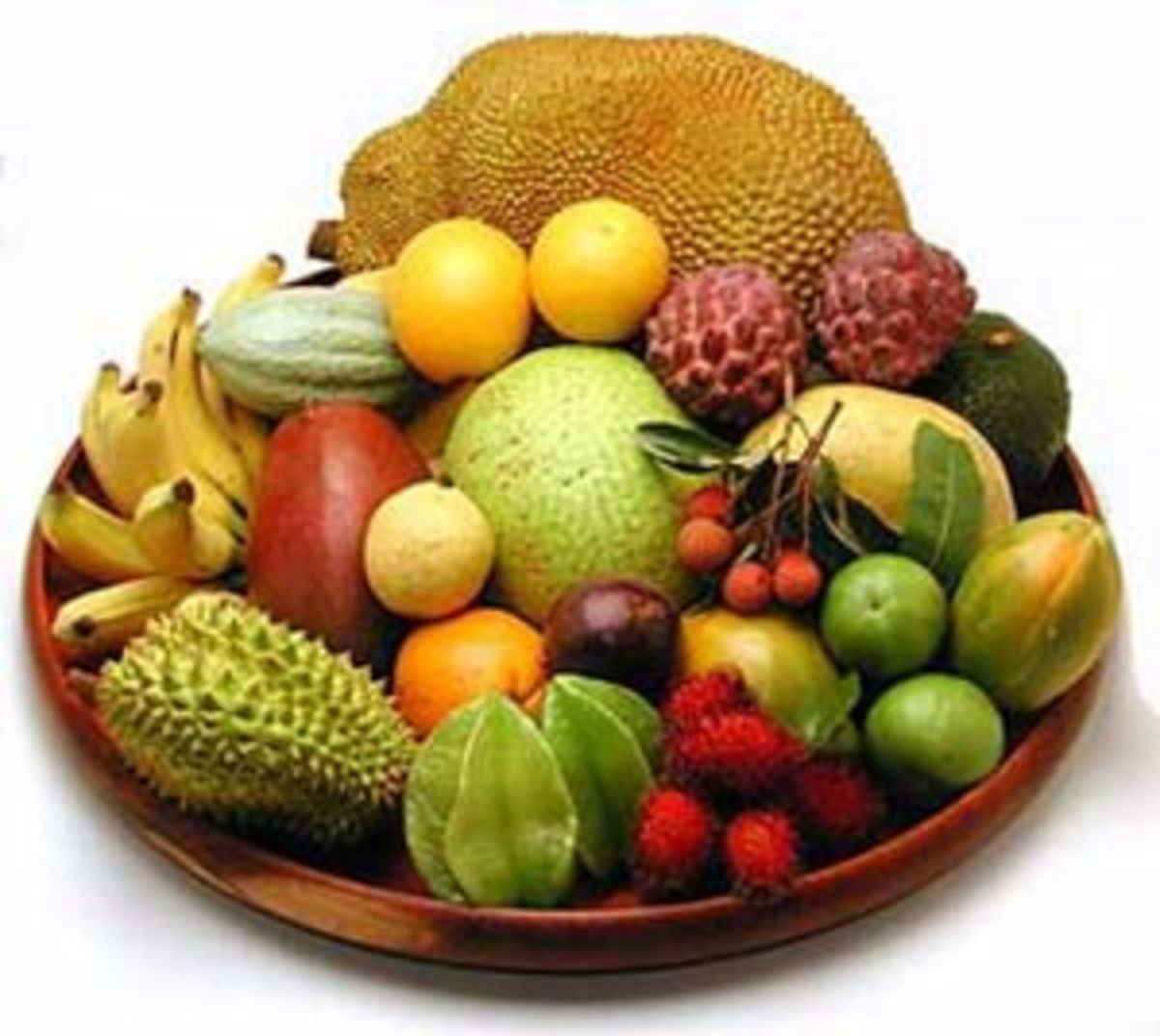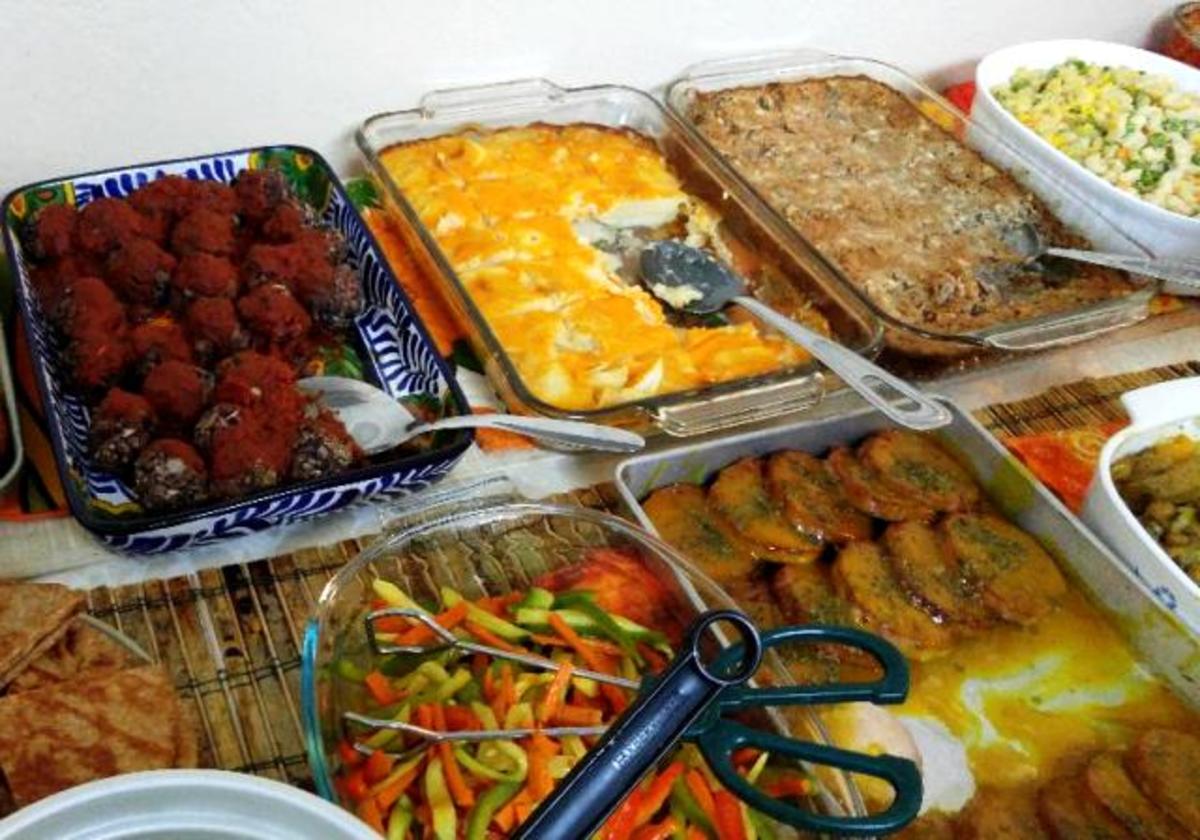When Family and Friends Aren't Supportive of Your Vegan Lifestyle

Ideas for Helping Others Respect Your Choices
It can be extremely agonizing and frustrating when friends or family don't understand our decision to become vegan. Some people will go so far as to actively antagonize us or make mealtimes into battlegrounds.
From another perspective, though, it can be extremely confusing and stressful when someone "suddenly goes vegan" and everything has to change to accommodate their "ridiculous lifestyle."
At the base of most human conflict is misunderstanding and fear. There are many different layers, nuances, and expressions of misunderstanding and fear. Once you tease these apart, it opens the possibility for some level of resolution.

Work with Feelings of Fear and Rejection
Many omnivores feel threatened when someone they know becomes vegan. There is a basic fear of the unknown combined with the threat that this is really a personal rejection of them. Indeed, when someone becomes vegan they are, in fact, actively rejecting a major cultural norm shared by most of their family, friends, and society at large.
As a vegan, it is important to express to someone who may be hurt by feelings of rejection that you still love, value, and respect them. Present your decision to become vegan as something you felt compelled to do for your own benefit, not because you do not care about or respect the other person. This can be done in words or actions or both, depending on your relationship and how you and the other person best communicate with each other.
Although you may have decided to become vegan primarily for ethical reasons, you may choose to stress the health implications of the vegan diet. I do not mean that you should lie about or disregard all of the reasons you have for becoming vegan. I am only suggesting that some people are more receptive to hearing: "I feel a lot better since becoming vegan. I have more energy and am losing weight. I want to be healthier and reduce my risk of diabetes and heart disease..." than they are to hearing: "Farm animals are subjected to torturous living conditions. Did you know they actually de-beak chickens, and they do it without pain-killers?..."
- Vegan Journey on Pinterest
Stop in for information and inspiration! Pins for lots of recipes, vegan living information, and tips and tricks. - Vegan Journey on Facebook
"Like" the Vegan Journey Facebook for occasional posts of recipes and information about vegan living. - Vegan Journey
Here are links to my numerous articles about vegan living. I've divided them into several categories: Getting Started, Family and Community, and Recipes. I've also included links to other websites.

Create Understanding
Since misunderstanding is a major component of conflict, you should work to develop at least a basic level of understanding.
This may be done by discussing "more acceptable" aspects of veganism and will hopefully pave the way for future conversations. The health benefits of a vegan diet are much easier for most people to consider than the subject of animal cruelty, so physical health is a good place to start.
Why is it that people are generally willing to discuss health concerns related to veganism but avoid any mention of animal cruelty? My opinion is that this is a "normal irrational" pattern of human behavior.
Most people do not want to think about unpleasant things, and the cruelty involved in the production of meat, dairy, and eggs is so gruesome that few can truly face it. At the same time, though, most people are conditioned to think they must consume these products.
Given this inherent conflict, it is no wonder most people want to avoid all mention of animal cruelty related to the food industry. If the reality is not internalized, then they will not feel compelled to change their eating habits. And change is scary, something most folks try to avoid.
But being in the presence of a vegan makes it difficult to ignore the animal abuse inherent in the meat industry. Even if the vegan says absolutely nothing about it, and even if the vegan is truly not judging the other person for eating meat, the omnivore may feel as if he or she is being attacked as they acknowledge - to some extent - the horror of the meat industry.
What is your experience?
Have you experienced hostility toward your vegan lifestyle?
How to Respond to Verbal Attacks - Ideas for dealing with rude behavior
If a friend or family member feels like they're being attacked (even if you are not actually doing anything of the sort), they may well return the attack. This may take the form of teasing, harassing, arguing, or becoming sullen. They may be clearly attacking you on the vegan front, but they may also appear to be picking fights about other things if they want to avoid a direct conflict about veganism.
If this dynamic occurs, there are a number of ways in which you could respond. Remember that the other person may not even be aware of how rudely they are behaving. Bringing this to their attention with "I statements" or "affective statements" may be all you need to do. Such statements could be something along the lines of:
- I feel like you are attacking me.
- It hurts my feelings when you say...
- I know this is difficult, but I could really use your support.
- I may be vegan now, but I'm still your friend/son/sister.
If the Attack Escalates - Do not get drawn into an argument
Should the "I statements" not prove effective, you will have to explore other options. I would personally feel very uncomfortable engaging in a serious argument with friends or family members, though that strategy may work well for other people. If your relationship is one that survives and thrives with hearty debate, then that may well be the way to go.
Another tactic is to deflect rude comments and not get drawn into the negativity, insults, or fights that the resistant omnivore is placing before you. Simply do not engage. This may be done with responses such as:
- I don't think this is a productive conversation.
- Let's drop it for now.
- I'd rather not get into a fight. Why don't we [insert activity here] instead?
- Let's just agree to disagree on this, okay?
- Hey, how about those [insert local sports team here]!!!
It's Okay to Laugh!
Humor can be an excellent way to reduce the tension in the room. There's nothing like a joke to snap people out of a negative mood, assuming that they are able to appreciate the joke at that moment. If you are able to joke about veganism, so much the better! That would be a good demonstration that you haven't become "one of those dramatic, preachy vegans" and may ease fear and misunderstanding.
Here's a website with lots of vegan jokes.
Learn About Vegan Health and Nutrition

Nutrition Education
When someone announces they are vegan, others may immediately question the vegan about how they get enough protein or calcium in their diets. This line of questioning is based on common misunderstandings regarding nutrition and the fear of being unhealthy.
If you are being interrogated about vegan nutrition, calmly list your protein sources and offer resources, such as websites, books, or pamphlets, to your friend or family member so they can see for themselves that a vegan diet is not inherently dangerous or unhealthy. Reassure them that you have done your research and are committed to maintaining good nutrition as a vegan.
Here are two websites with good information on vegan nutrition. There are, of course, many others that you can consult.

Don't Create Extra Work for Others
Fear and misunderstanding may also stem from a belief that the vegan's new lifestyle will either be imposed on others or that great demands will be made of the omnivores in order to accommodate the vegan. There may be offense taken or apprehension felt based on the assumption that your lifestyle will mean extra work for them.
It may take some time to comfortably incorporate your needs as a vegan into food events with friends and family. If you are dining with people who are resistant to your lifestyle, do your best to make it easy for them. If you are going out to eat, make sure you pick a restaurant where everyone will be able to find something they like.
If the meal is to be held at someone's house, you can suggest a potluck-style meal or simply offer to bring a dish to share. Try not to be offended if no one else bothers to take a serving of your delicious vegan dish. Just let everyone see what you're eating and let them know they are welcome to try it. Over time, even people who are extremely hostile to veganism may start to enjoy your food!
If you bring a dish to share, consider making something that doesn't look "scary" to non-vegans. The more your resistant friends and family members observe you enjoying non-threatening meals in a non-threatening manner, the more the situation is normalized. After just a few meals together, you and your friends and family should start to settle into a more comfortable routine. People will start enjoying one another's company and stop focusing on the food to the exclusion of everything else.
Divide and Conquer - Changing the dynamic to make things easier
Sometimes there is one person in the group who is particularly hostile toward the new vegan. In this case, it may be more effective to not focus your energy on this person. As everyone else begins to understand and accept your veganism, it will become more difficult for the hostile omnivore to attack you and your choice, since the other members of the group will not readily feed into the negativity once they have become more comfortable with the new arrangement.
Ideas you might employ include:
- Invite individual family members or small groups to your home for a meal. "Winning people over" is often easier when you can connect one-on-one.
- If dinner seems too big a battleground, serve brunch or dessert instead. It's much easier for resistant omnivores to allow themselves to enjoy a delicious meat-free dessert than a meat-free dinner!
- Suggest easy-to-prepare recipes to people who say they would like to make a vegan dish for you.
- If meals bring out too much hostility in a relationship that matters to you, shift gears and make a point of getting together to do something that has nothing to do with food.
- Create a little distance in a relationship, if necessary. With some time and space, negative feelings often dissipate.
- Allow yourself to adequately separate from a relationship in which the other person is unwilling to accept you and your choices, even after you have worked hard to make them feel comfortable.
Vegan Cookbooks

Be a Vegan Ambassador
There are many reasons why friends and family members may feel uncomfortable with - or even hostile toward - a new vegan, but most often fear and misunderstanding form the basis of such tension. Understanding the source of the conflict can give you insight into how you might help to reduce negative feelings.
While it may not seem fair, it is your role as the compassionate vegan to do your best to help the resistant friend or family member feel more comfortable with your new lifestyle. Ideally, your friends and family will follow your lead as you navigate this new territory with kindness and integrity.
I recognize that I am suggesting you to do a lot of work in order to make things easier for others. But a person who is blinded by fear and misunderstanding is not in a good position to take the initiative in promoting a healthy relationship.
In the long run, your efforts will pay off in the form of comfortable interactions with people who are important to you.






